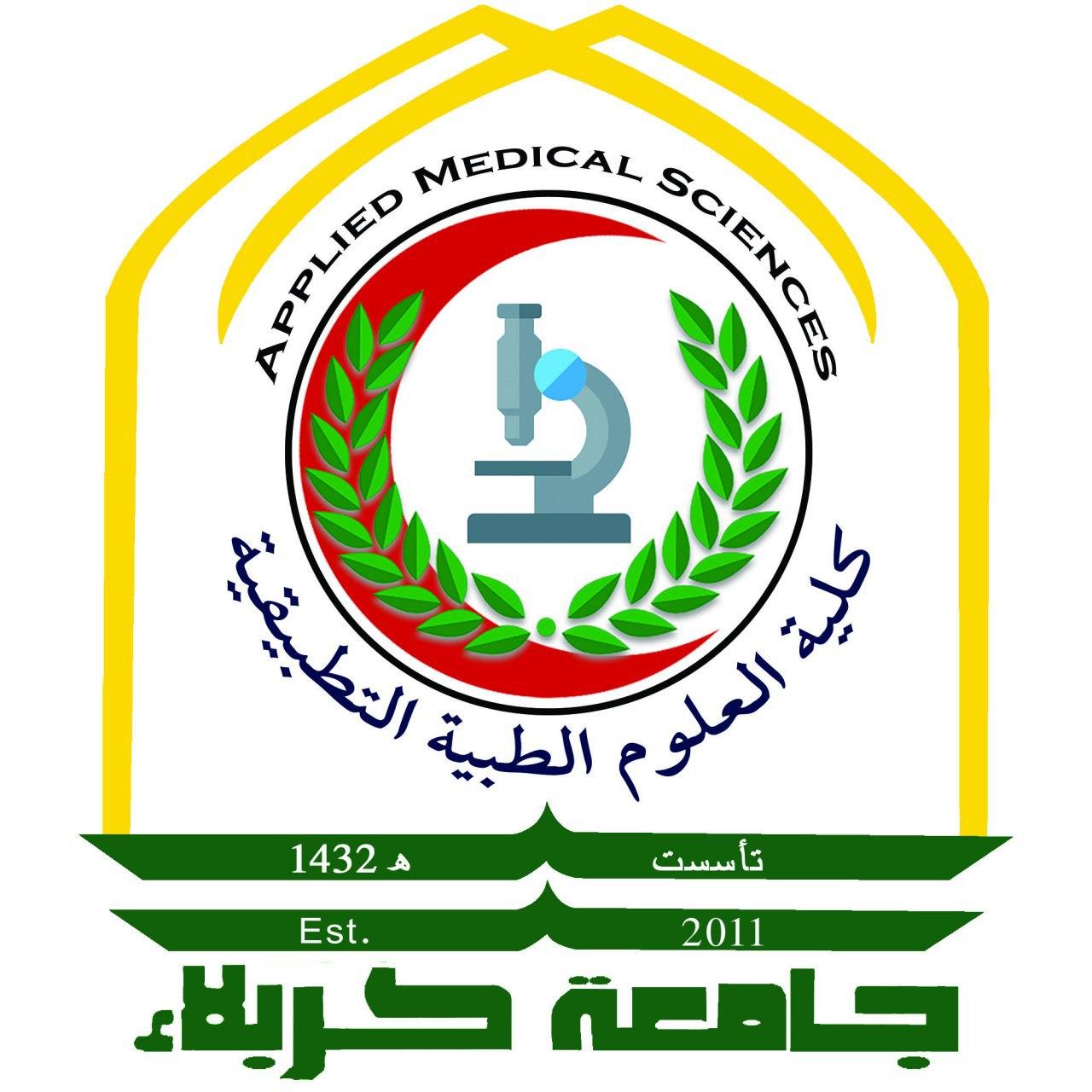Blog
Evaluation of leptin serum concentration in cases of blood transfusion dependent Beta thalassemia and its relationship with thyroid dysfunction
ABSTRACT
Introduction and Aim: Thalassemia disorder is characterized by the body’s inability to produce hemoglobin. This is an inherited disorder and arises due to defects in one or more globin chains. Thalassemia patients have been associated with endocrine dysfunction leading to toxic and deleterious effects. In the present study, we aimed to correlate leptin levels in Transfusion-dependent beta-thalassemia (TDT) patients to their thyroid hormonal levels and hematological parameters.
Materials and Methods: The study included 50 individuals (25 male and 25 female) aged 11-20 years with beta-thalassemia major and 20 healthy individuals (10 male, 10 females) aged 13-20 years as controls. All individuals included in the study were assessed for their BMI, complete blood count, serum ferritin and iron, thyroid function, leptin and ghrelin hormonal levels.
Results: This study showed a low BMI in patients as compared to healthy individuals. A high increase in TSH and ferritin was found in patients of both genders as compared to controls. T4 significantly decreased in males and females as compared to control. Significant reduction in leptin levels was observed in both male and female patients. A positive correlation was observed between leptin and TSH in males while a negative correlation between leptin and T4 was observed in females. A significant positive correlation was seen between leptin and T4 and between TSH and T4. BMI in males and female significant low compared to control.
Conclusion: Leptin probably plays an important role in thyroid dysfunction. Serum leptin, ferritin and thyroid hormonal levels in patients could be used as a guide in predicting hormonal modulation in major beta thalassemic patients.
Keywords: Leptin; thyroid function; beta-thalassemia.
Post Views: 318




























































